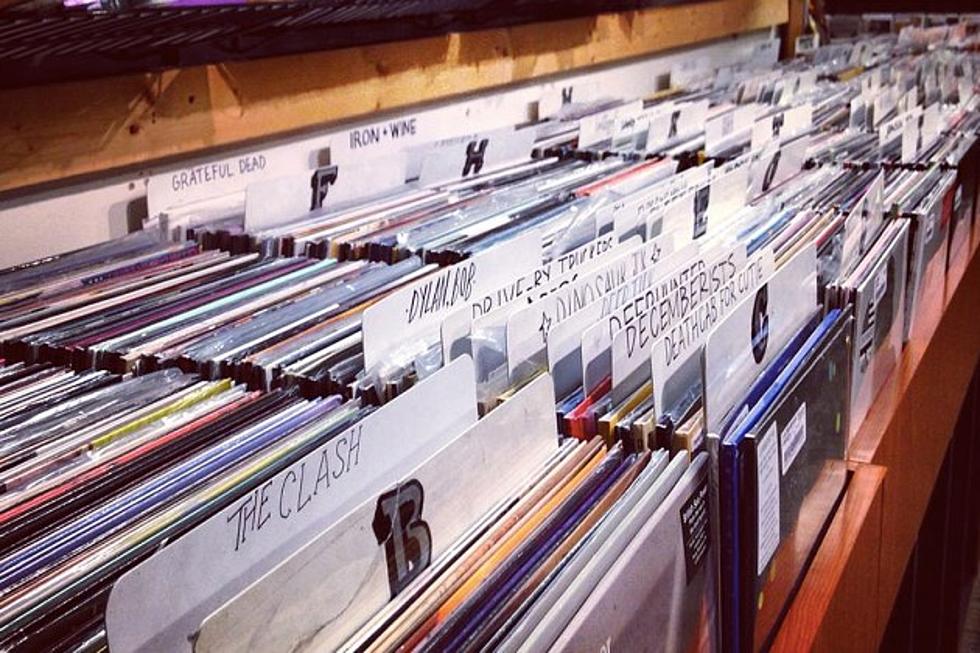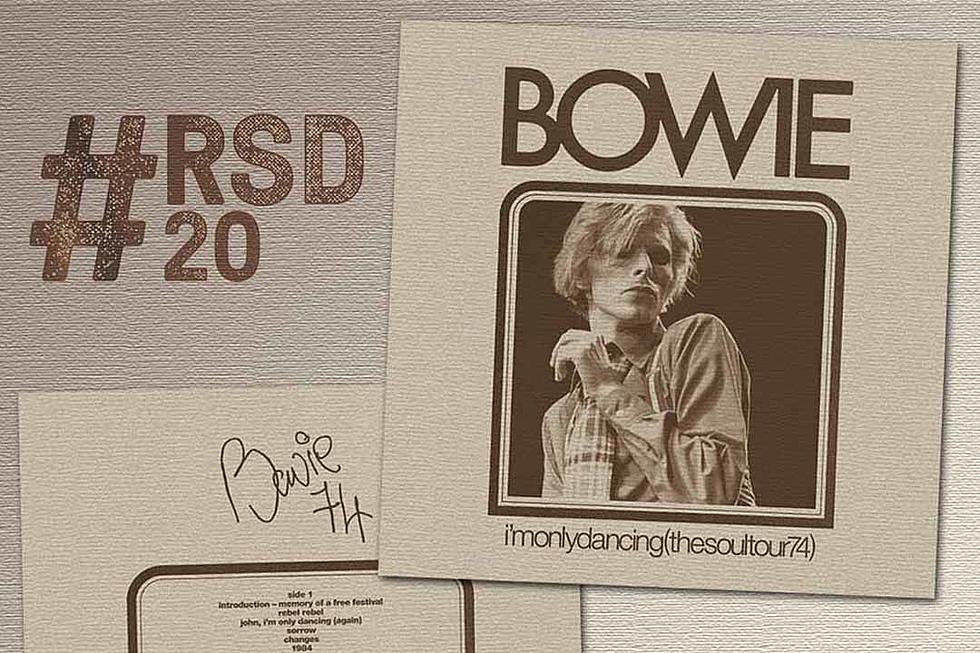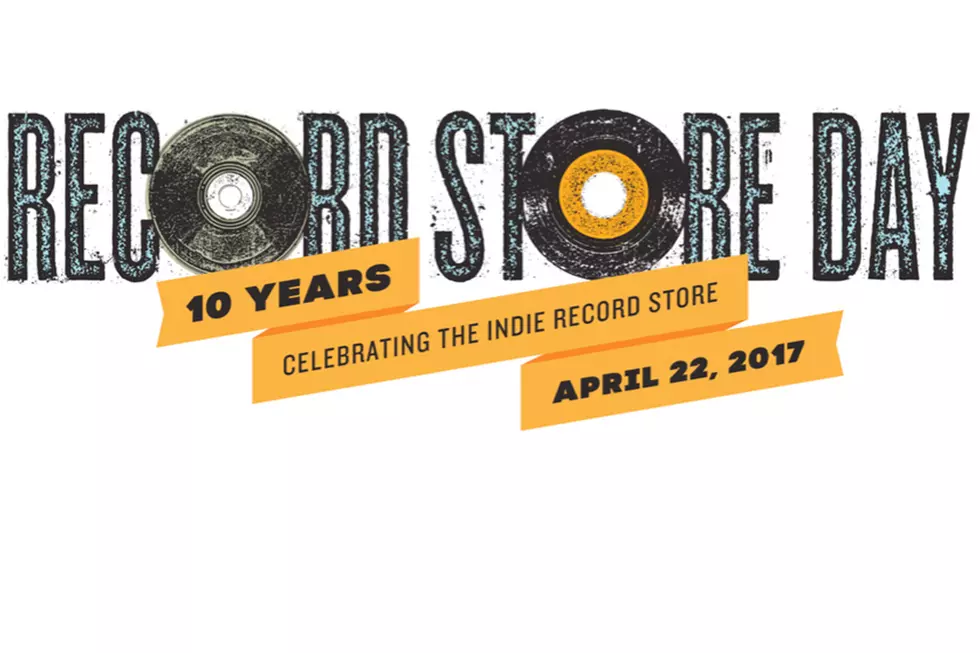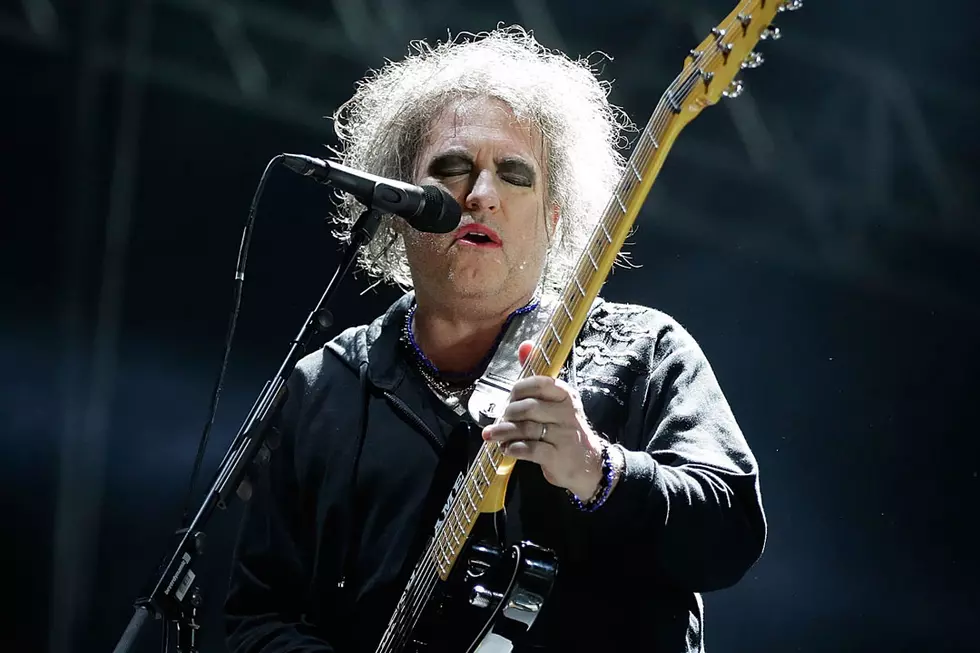
Record Store Day – Scarcity and Scalping
After performing on classical and punk rock records and collecting many more, Chris Brown settled into a career at Bull Moose, an eleven-store music, movie, video game, and book store chain based in Portland, Maine. He proposed Record Store Day in 2007 and is disappointed when he sees records sold as fashion accessories.
Nothing upsets Record Store Day fans more than seeing records they missed being resold for usurious prices online. Some people call this "record flipping," but let’s be honest and call it what it is: Record Scalping. House flippers actually fix up properties before reselling them. Record resellers don’t add any value; all they do is exploit the fact that they found the record first.
Perspective
The scuzziness of record scalping makes it feel like a much bigger problem than it actually is. More than a million records are pressed for a typical Record Store Day. How many do you see in online auctions? A few hundred, right? Certainly fewer than 1,000. 1,000 is only 0.1% of a million, so we know that the vast majority end up right where they belong: on fans’ turntables.
Chances are that any records you missed were bought by other fans. That doesn’t lessen the sting much and, of course, even 0.05% of the records being scalped is still too many. Fortunately, record stores, record labels and Record Store Day itself are trying to reduce that number still further. There are even some things that music fans can do to help.
Behind the scenes efforts to limit scalping
Many people behind the scenes are working hard to get the quantities right. The metrics stores and labels use year round to determine quantities don’t apply on Record Store Day. If you can’t find something you want, often it’s because somebody somewhere guessed wrong. There is only one day a year when the Yardbirds are more popular than Skrillex and we had to screw up to learn this. We watch and listen and improve so more people find all the records they want next time. And, it seems to be improving.
Last April, RSD learned how to get contact info of people who had preorders up online. Stores were warned and scalpers were shut down. I had a nice little conversation with a record scalper myself.
Many music fans don’t live close enough to indie stores to buy indie as often as they would like. Luckily, indies are starting to bring their unique experience online with world-class websites. Expect a big indie explosion in 2015, partly powered by Bull Moose’s sister company, tech-focused FieldStack.
How fans can help
Music fans can reduce record scalping even more than labels, stores and RSD combined. Here are a few things fans can do to help.
1. Don’t buy scalped records. Most titles will be available from indie store websites for reasonable prices a few days after Black Friday. Make sure those scalpers lose money so they don’t do it again.
2. Buy local or indie all year long. This will help everyone get the right quantities where they need to be. Most of the records that are scalped are bought from indie stores first, so make sure you get there before the scalpers do.
3. If you see online sellers with RSD preorders, report them as fraud to the auction website. Email RSD if you can ID the scalper. Email RSD a link to the seller or the item. Please do not post those links to RSD’s Facebook page. That just publicizes the preorder and drives up the price. It’s better to email RSD directly.
Millions of music fans and thousands of industry and retail folks came together to turn a crazy idea into a magical holiday. We only wanted to have a little fun and celebrate our shared passion for music and records. We wound up giving the music industry the best news it has had in decades and revitalizing an entire format.
Compared to all that, defeating a few dirtbag record scalpers will be nothing. Let’s see what we can do.
More From Diffuser.fm









